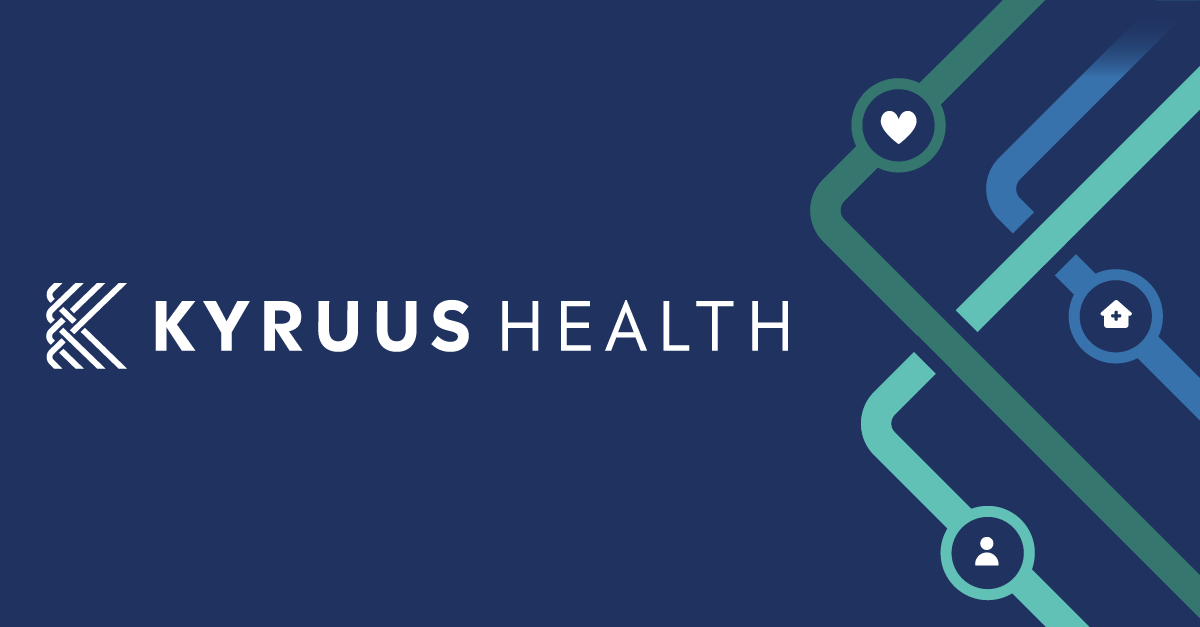Creating connections that power better care experiences
Improve healthcare from the inside out with the platform that connects stakeholders across the care continuum.
/ OUR PLATFORM
The platform that empowers
better care decisions
Harness the most accurate, comprehensive, and contextually relevant information that ensures you deliver a seamless care experience—so that healthcare works better for everyone.
The Kyruus Health Promise
Our technology is purpose-built to improve access to care, inform vital care decisions,
increase transparency, and streamline workflows.

Unite data to drive care decisions
Drive efficiencies across the care continuum with technology that unites diverse data elements—empowering the right care decisions and ensuring patients always receive the care they need.
Engage consumers in health journeys
Make it simple for members and patients to find, schedule, and access the right care, with solutions designed to support actions across all stages of the care journey.


Extend your reach
Share accurate, up-to-date, and contextually relevant information instantly across healthcare networks of digital health solutions, internal systems, search engines, EHRs, and more.
Improve experiences for everyone
Reduce friction, automate workflows, and ensure compliance—to improve the member and patient experience while supporting business growth and operational efficiency.

Who We Serve
We empower stakeholders to improve access to the right care
/ THE KYRUUS HEALTH ADVANTAGE
Better care starts here
Kyruus is on a mission to improve healthcare access for all and
help the organizations and institutions providing that care
deliver it more effectively.
Kyruus Health Customers




























Empowering care decisions nationwide
1,000
500
100
425,000
/ REAL-WORLD RESULTS
Explore Industry Insights and Research
Infographic: Digital Self-Service for Healthcare Consumers
November 21, 2023Kyruus Health conducted a survey of 1,000 healthcare consumers to understand how they interact wi
Read More2023 Care Access Benchmark Report for Provider Organizations
October 21, 2023The State of Care Access To manage growing consumer expectations and shrinking staff resources,
Read More2023 Care Access Benchmark Report for Health Plans
October 21, 2023The State of Care Access Health Plans have invested time and resources to provide members with ac
Read MoreGet in touch
Learn how you can transform your approach to
data management and consumer engagement.







